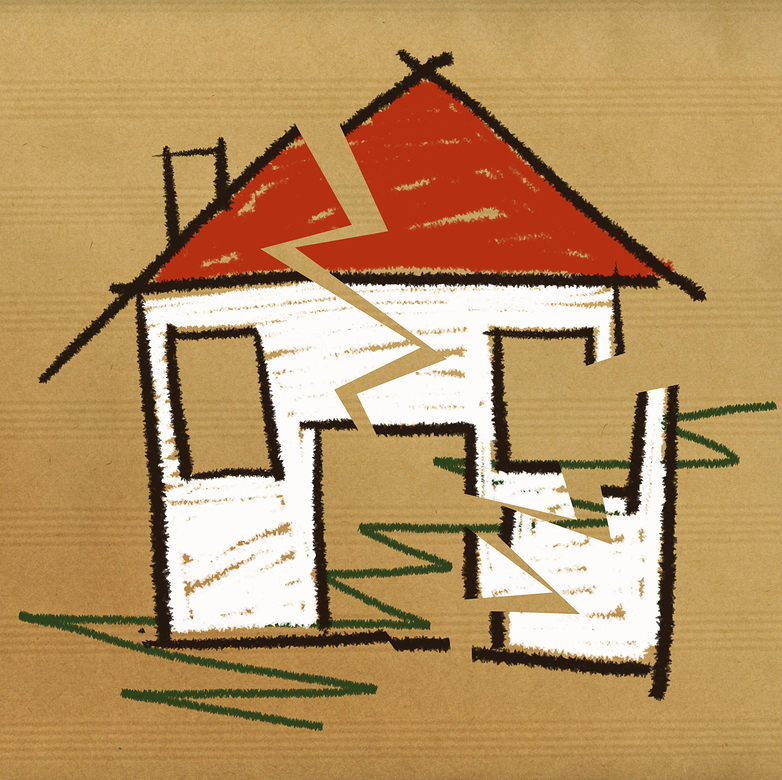How to Protect Your Home & Property from Wildfires
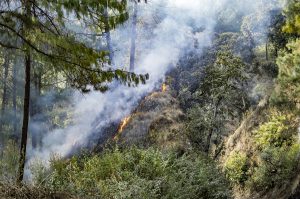 Wildfires occur every year and summer season is also known as fire season. Each year millions of acres across the country are scorched by both nature as well as human caused fire. By knowing how to minimize losses, human caused fires can drastically decrease with the proper education. Use these simple steps.
Wildfires occur every year and summer season is also known as fire season. Each year millions of acres across the country are scorched by both nature as well as human caused fire. By knowing how to minimize losses, human caused fires can drastically decrease with the proper education. Use these simple steps.
Equipment or toys can spark a wildfire
Lawn mowers, weed-eaters, chain saws, welders, tractors, dirt bikes, and more can all cause sparks. Don’t mow dry grass or weeds. When you are maintaining your yard, avoid dry yard debris buildup.
If you are using a tractor, dirt bike or welder, avoid driving or using your welder near dry grass or brush.
Keeping your Home Safe from Wildfire Damage
Use fire-resistant building material for your home.
The roof and exterior surface need to be composed of non-combustible or fire resistant materials. This would include brick, stone, aluminum, tile, sheet iron, asphalt or slate. If your home is composed of wood or cedar, consider this a risk. Homes that are located in especially fire prone areas can escape damage by being entirely built of concrete and stone.
Maintain Your Roof
When your roof is filled with leaves, pine needles, branches, moss, you are increasing your risk for wildfire damage. Be sure to avoid letting these items collect on your roof.
Keep your Property Free of Dead Plants or Trees
Tree branches should be kept to a height of 15 feet. Also, be sure tree branches aren’t near your chimney. If a branch is within 10 feet of the flue opening of the stove or chimney, remove it.
Keeping things like sheds and wood piles at least 30 feet away from your home helps reduce the chances of a fire jumping from one structure to the next.
It is important to understand the limits of your insurance policies as many natural disasters like floods or earthquakes require a special insurance policy while wildfires are generally covered under the comprehensive portion of a homeowner’s insurance policy. The price of the policy may be higher if you live in an area that is prone to yearly fires or if a fire station is far away.
If you have questions about your home or renters insurance, call the insurance agents at Hukari Insurance in Beaverton, OR. They have years of insurance experience and can help you insure everything from your home to your auto or motorcycle. They live where you do and are an independent insurance agent, so they can help you find the right company to fit your needs. You can also check out their website, 24/7.



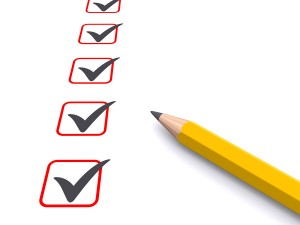 For most of us, we won’t have to experience a disastrous home loss such as a flood, fire, earthquake or other disaster. That doesn’t mean any of us should be less prepared for such an event should one occur. Preparing a home inventory can be a large task, but taking the time to do so can make a difference of thousands of dollars when it comes to your claims settlement as well as simple ease of processing your claim.
For most of us, we won’t have to experience a disastrous home loss such as a flood, fire, earthquake or other disaster. That doesn’t mean any of us should be less prepared for such an event should one occur. Preparing a home inventory can be a large task, but taking the time to do so can make a difference of thousands of dollars when it comes to your claims settlement as well as simple ease of processing your claim.
 Floods are the most devastating natural disaster in the United States each year causing billions in losses and displacing thousands. While flooding is a common concern for those near rivers and streams, all homes in the United States can be caught off-guard by floods. When it comes to flood insurance, it is important to understand what flood insurance is and what is covered. Many people think flood insurance is anything to do with water in their home. This is far from the truth. Floods are defined as surface water that enters your home from the outside – not to be confused with a leaky roof or a broken pipe, loose toilet or other plumbing related issue. Another issue altogether is sewer backup with may or may not be covered depending on what caused it to occur.
Floods are the most devastating natural disaster in the United States each year causing billions in losses and displacing thousands. While flooding is a common concern for those near rivers and streams, all homes in the United States can be caught off-guard by floods. When it comes to flood insurance, it is important to understand what flood insurance is and what is covered. Many people think flood insurance is anything to do with water in their home. This is far from the truth. Floods are defined as surface water that enters your home from the outside – not to be confused with a leaky roof or a broken pipe, loose toilet or other plumbing related issue. Another issue altogether is sewer backup with may or may not be covered depending on what caused it to occur.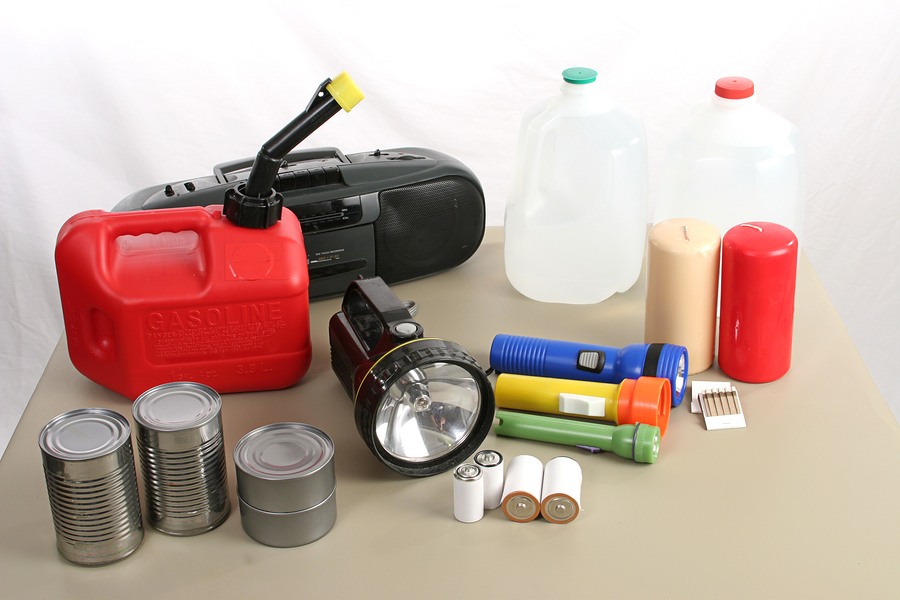
 Fall is a great time to consider disaster preparedness and to take a look at your family’s emergency kit. While disasters can happen anywhere, whether natural or man-made, it is important that your family be prepared.
Fall is a great time to consider disaster preparedness and to take a look at your family’s emergency kit. While disasters can happen anywhere, whether natural or man-made, it is important that your family be prepared.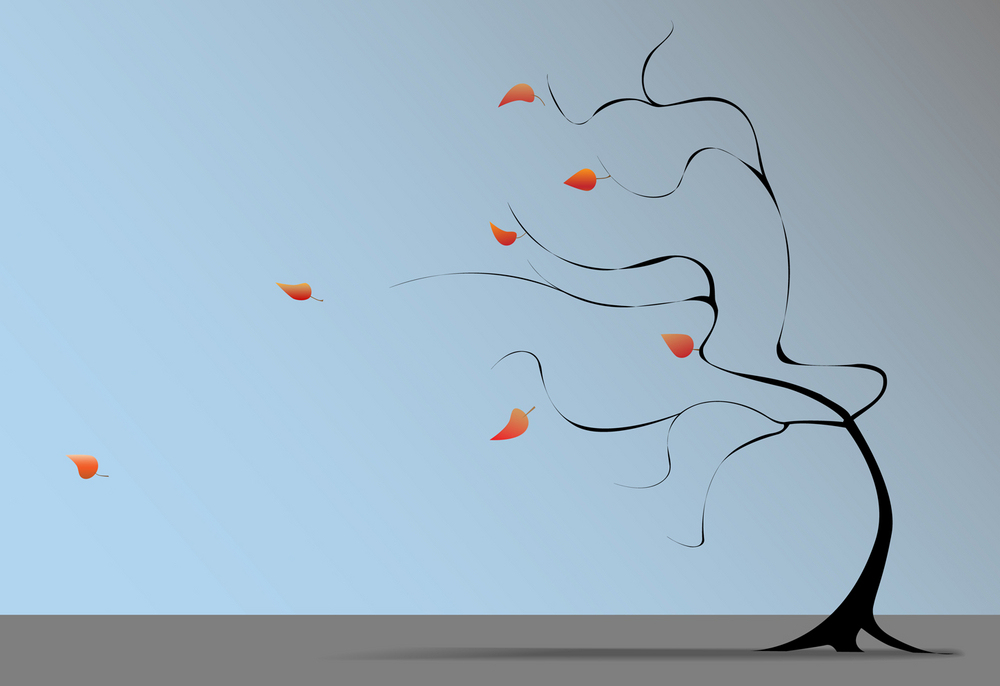
 Every state in our country can have a tornado, hurricane or suffer from a severe windstorm, so understanding that your home is protected with the right insurance to cover this type of loss is critical. Browse your policy or call your agent before an event is forecast because once a storm is coming, insurance companies will freeze new coverage from being bound in time for the event.
Every state in our country can have a tornado, hurricane or suffer from a severe windstorm, so understanding that your home is protected with the right insurance to cover this type of loss is critical. Browse your policy or call your agent before an event is forecast because once a storm is coming, insurance companies will freeze new coverage from being bound in time for the event.
